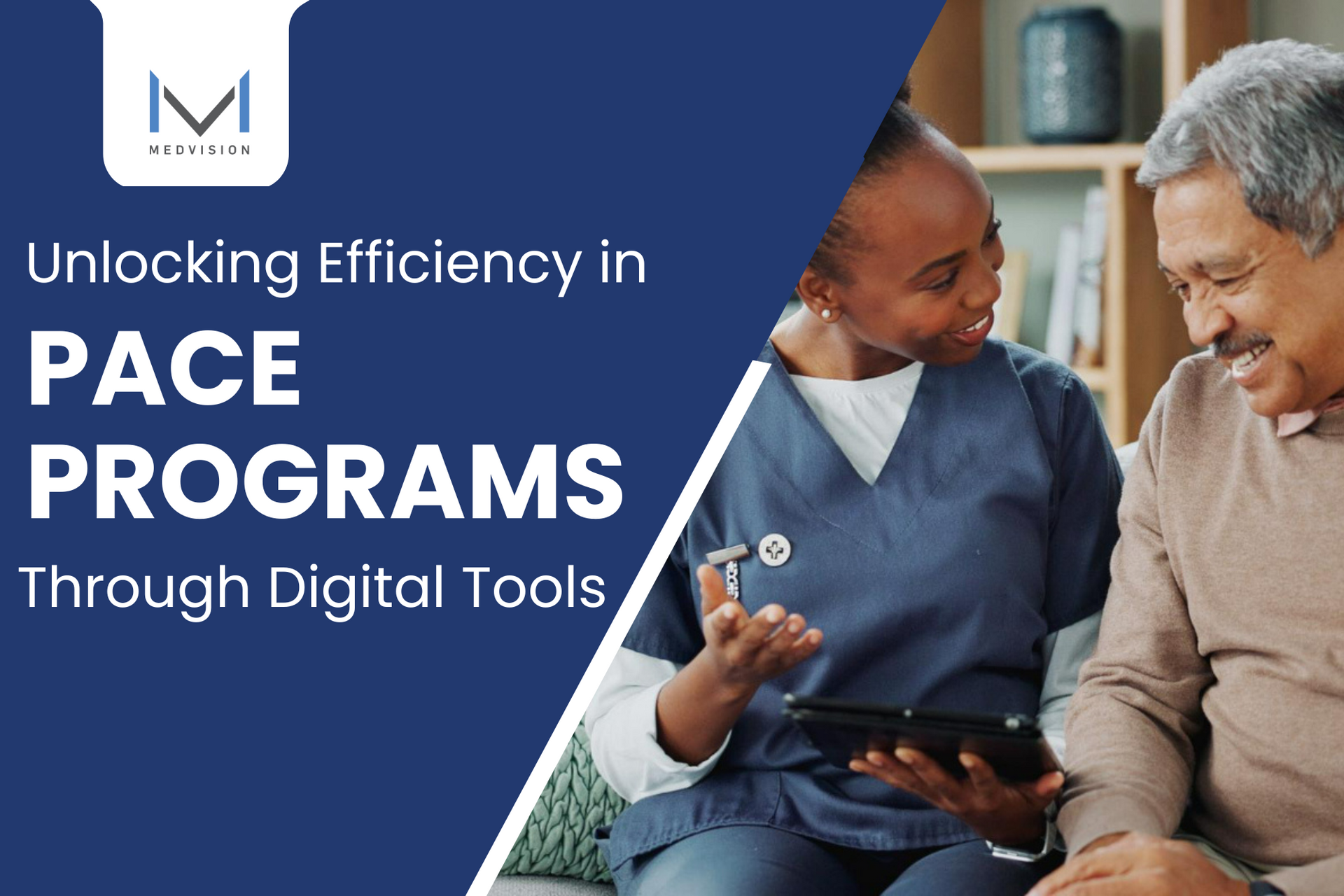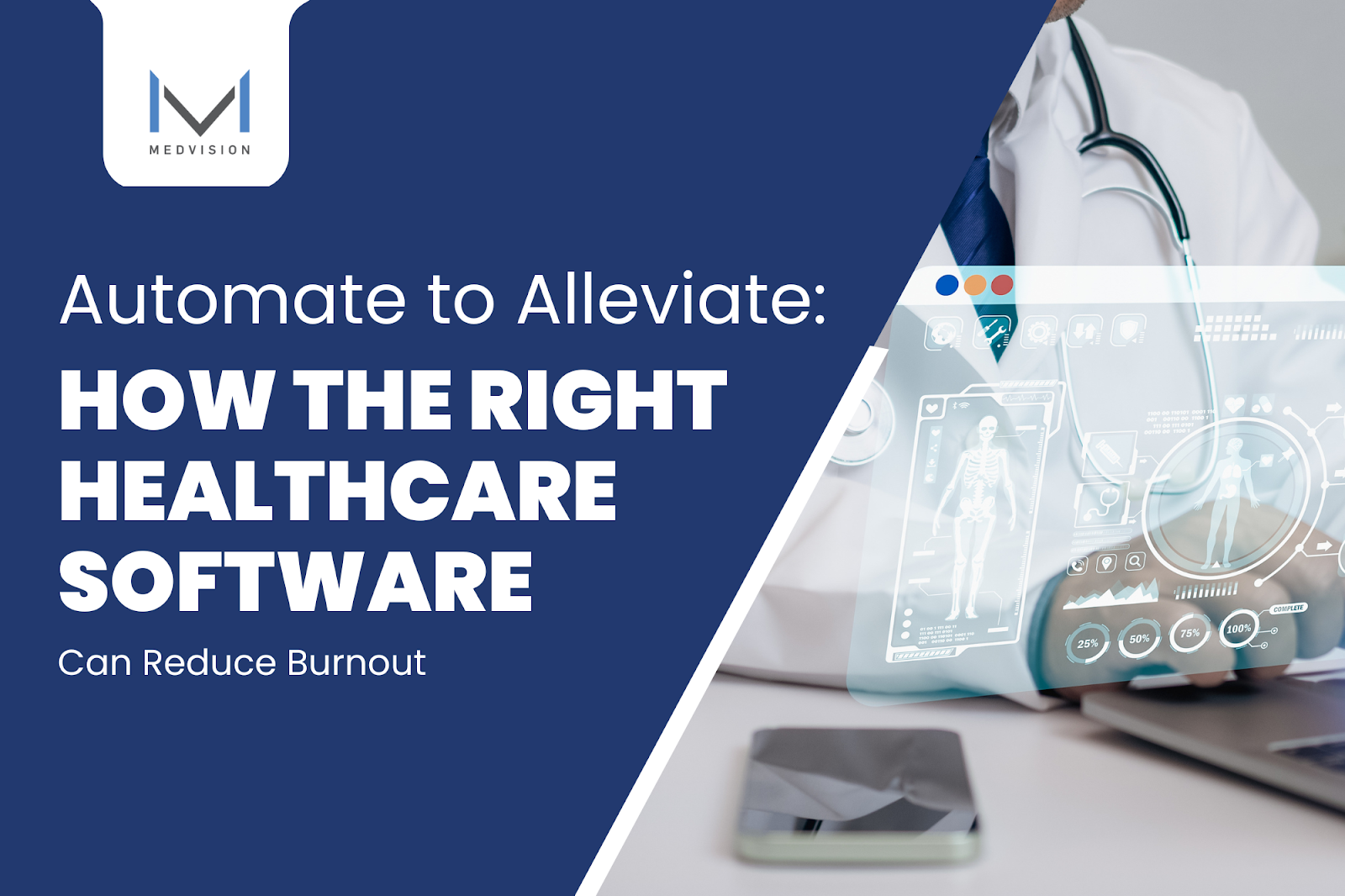Enhancing Quality and Efficiency in Value-Based Care with PHOs
Are Physician Hospital Organizations (PHOs) revolutionizing healthcare as we know it?
PHOs champion the cause for enhanced healthcare by developing organized procedures and clear communication channels for physicians. They manage care administration so physicians can focus on care delivery. As the industry transitions to value-based care, it's important to consider how PHOs adapt to the new system’s demands in care management.
In this blog, we'll explore PHOs' vital role in the value-based healthcare model and delve into strategies for enhancing efficiency. Whether you're a healthcare professional, a patient, or simply curious about the future of healthcare, this blog offers a window into the concepts and mechanisms driving this transformation in the industry.
Read More:
What is a PHO in Healthcare?
What Lies at the Heart of Value-Based Healthcare?

The value-based healthcare model prioritizes the quality of care over the quantity of services and aims to improve patient outcomes while controlling costs. It involves measuring outcomes, fostering patient-centered care, incentivizing providers based on performance, promoting care coordination, and utilizing data analytics for informed decision-making.
However, value-based care faces challenges such as data integration, transition costs, provider buy-in, risk adjustment, and regulatory hurdles. Successfully implementing this model requires addressing these concerns to achieve the goal of delivering higher-quality care while managing healthcare expenses efficiently.
Read More: How Value-Based Care Overtook the Fee for Service Model
How Do PHOs Fit Into the Picture?

PHOs present collaborative alliances between physicians and hospitals to pursue common healthcare goals.
Care Coordination
Primary care coordination is a pivotal role that PHOs play as it aims to diminish healthcare fragmentation and promote a holistic patient experience. PHOs act as intermediaries, facilitating efficient communication and collaboration between physicians and hospital facilities. This way, PHOs ensure patients receive seamless, well-coordinated care throughout their healthcare journeys.
Read More: The Importance of Communication in Value-Based Healthcare
They work to eliminate fragmentation by enabling patients to receive continuous, integrated care across various healthcare settings and providers. Moreover, they foster knowledge exchange and best practices among healthcare professionals, enhancing care quality. Committed to improving patient outcomes, PHOs also contribute to developing standardized care pathways and clinical guidelines, guaranteeing consistent, evidence-based care delivery.
Read More: How Care Coordination Software Impacts Your Practice
Quality Improvement
PHOs place a strong emphasis on improving care quality. When implementing the best value-based care strategies, they reduce errors and ensure patient safety. One of these strategies could also involve using electronic health records (EHRs) to facilitate information sharing among healthcare providers.
Read More: The Significant Relationship between PHOs and Quality of Care
Cost Management
Controlling healthcare costs is a critical objective for PHOs. By working together, physicians and hospitals can negotiate better deals with insurers and suppliers, reducing the overall cost of care.

PHOs can also implement cost-saving measures like preventive care and efficient resource allocation. A research review on the cost-effectiveness of diabetes prevention interventions shows that interventions to prevent type 2 diabetes among high-risk individuals are highly cost-effective and practical in any setting.
Risk Sharing
In some PHOs, physicians and hospitals share financial risks. This arrangement means that they might jointly assume responsibility for the financial performance of certain healthcare services, which incentivizes them to work collaboratively to provide cost-effective and high-quality care.
Read More: What Is ACO REACH: A Look into Risk and Equity
Regulatory Compliance
PHOs also help their member physicians navigate the complex regulatory landscape of healthcare. They ensure that all activities comply with healthcare laws and regulations, which is crucial for maintaining the organization's reputation and avoiding legal issues.
Read More: How Important Is Compliance Auditing to Healthcare
Data Analytics
PHOs often harness data analytics to drive decision-making. They collect and analyze healthcare data to identify trends, track performance metrics, and make evidence-based decisions that lead to better healthcare outcomes and resource allocation. Utilizing an effective data processing system can come in handy when it comes to this.
Read More: How to Get the Most Out of Payer-Provider Analytics
Implement Value-Based Care Strategies with Digital Support Systems

PHOs grapple with growing responsibilities daily. Embracing digital solutions can help them align their processes with the value-based care model more easily and bridge the gap in health equities.
Designed to assist PHOs in healthcare administration, QuickCap 7 (QC7) is your reliable partner in delivering high-quality care. QC7 equips your PHO with wide-ranging tools and customizable workflows to streamline operations, improve efficiency, and enhance patient outcomes. Integrating QC7 into your practice empowers you to tackle healthcare administration hurdles effectively and positions you to thrive in the industry as it shifts into value-based care.
Confidently Face Value-Based Care Challenges!
References:
- Commonwealth Fund. “Value-Based Care: What It Is, and Why It’s Needed,” February 7, 2023. https://doi.org/10.26099/fw31-3463.
- Teisberg, Elizabeth, Scott Wallace, and Sarah O’Hara. “Defining and Implementing Value-Based Health Care: A Strategic Framework.” Academic Medicine 95, no. 5 (May 2020): 682–85. https://doi.org/10.1097/acm.0000000000003122.
- Zhou, Xilin, Karen R. Siegel, Boon Peng Ng, Shawn Jawanda, Krista K. Proia, Xuanping Zhang, Ann L. Albright, and Ping Zhang. “Cost-Effectiveness of Diabetes Prevention Interventions Targeting High-Risk Individuals and Whole Populations: A Systematic Review.” Diabetes Care 43, no. 7 (June 11, 2020): 1593–1616. https://doi.org/10.2337/dci20-0018.
Recently published articles
Keep in touch
Subscribe to get the latest update
Trending topics
Share your insights on social media
Upcoming events and company news

















